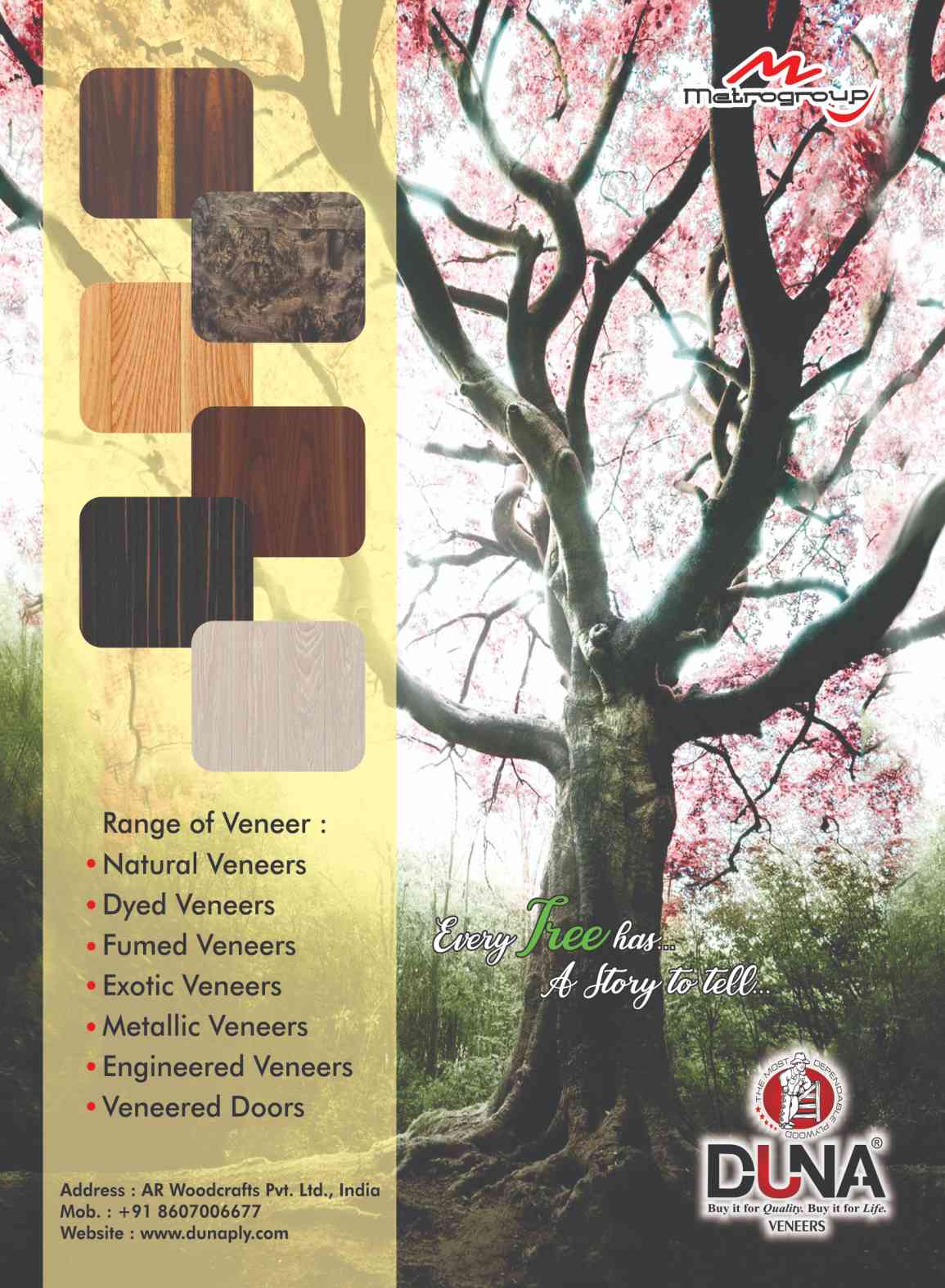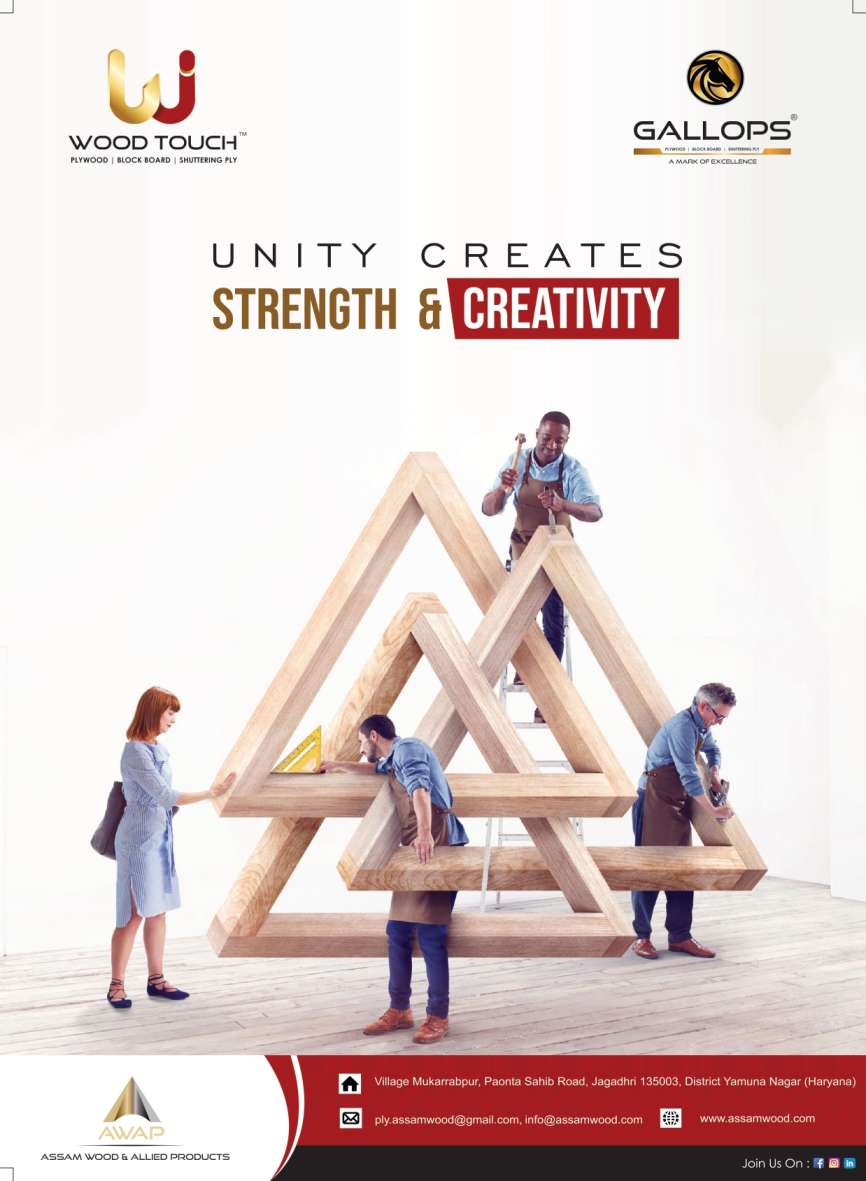
Recycling of Wastage Will be Illegal
- October 9, 2023
- 0
However, the most crucial aspect is the ‘Recycling of Wastage,’ which is an integral part of the industry’s economy. As per the existing standards, their production and sale will be illegal. It is necessary to incorporate them into the BIS standards in due course of time.
The Indian government has imposed quality control orders on various items, and it may be extended to more items in the future. What is the significance of these orders?
On one hand, the government aims to ensure the health of Indian citizens by providing them safe and quality environment friendly products and controlling unfair trade practices. On the other hand, it can restrict the import of cheap products that cannot be directly blocked due to Free Trade Agreements (FTAs).
With the implementation of the Q.C.O., Indian importers will be able to source goods only from manufacturers who have obtained a BIS license. Although manufacturers of neighboring countries’ may easily obtain this, it might be difficult for remote manufacturers like Vietnam (not impossible).
However, this challenge has also provided an opportunity for the industry. Now as all wood-based industries, including plywood, are going to come under this purview, will plywood manufacturers be able to change their ‘trading mindset’ to an ‘industry-mind set’? Will the younger generation seize this opportunity?
Certainly, there are several unprecedented challenges looming over the industry, which have disrupted the smooth operation of the industry and pushed it out of its comfort zone. Adhering to BIS quality standards, managing the scarcity and high cost of wood – by wholehearted participation in tree plantation campaigns, research and testing on urea-free resins, unfair business to compete (which does not benefit the industry), delayed payments in the excuse of a slowdown, and many more such challenges.
However, the most crucial aspect is the ‘Recycling of Wastage,’ which is an integral part of the industry’s economy. As per the existing standards, their production and sale will be illegal. It is necessary to incorporate them into the BIS standards in due course of time.
There is also a concern, whether BIS have enough resources to effectively enforce regulations against unfair trade practices? Do the regulation becomes entangled in bureaucratic red tape.
In the end, best wishes to AIPLI. It is hoped that AIPLI, along with FIPPI, AIPMA, ILMA, and all state organizations, will collaborate actively and consistently to find solutions to the challenges faced by wood-based industries.
Suresh Bahety
9050800888































































